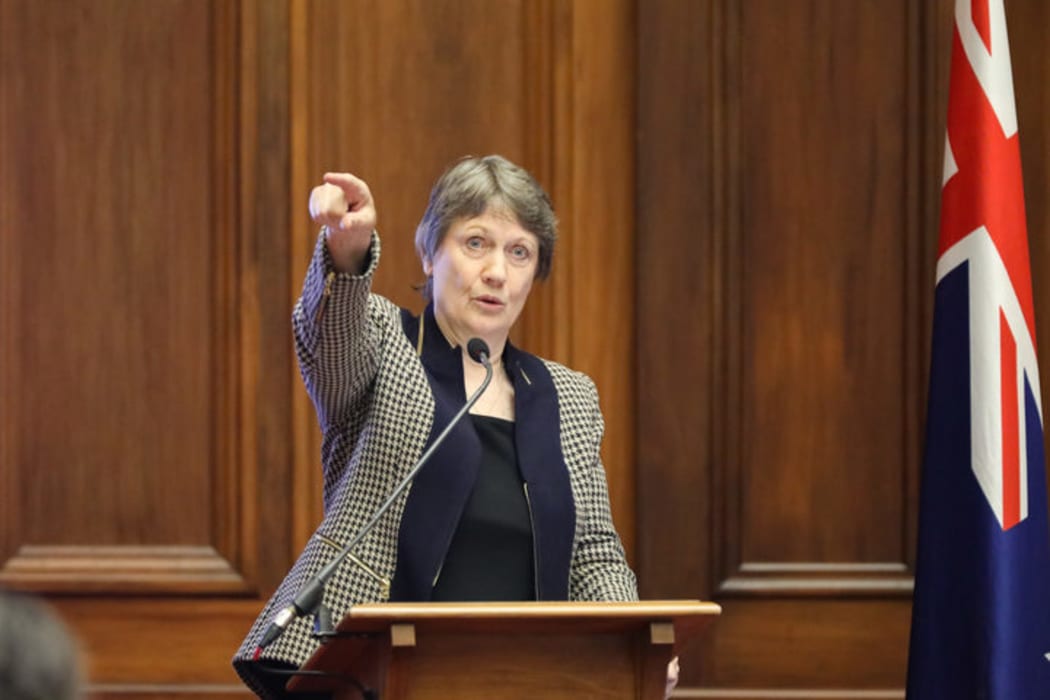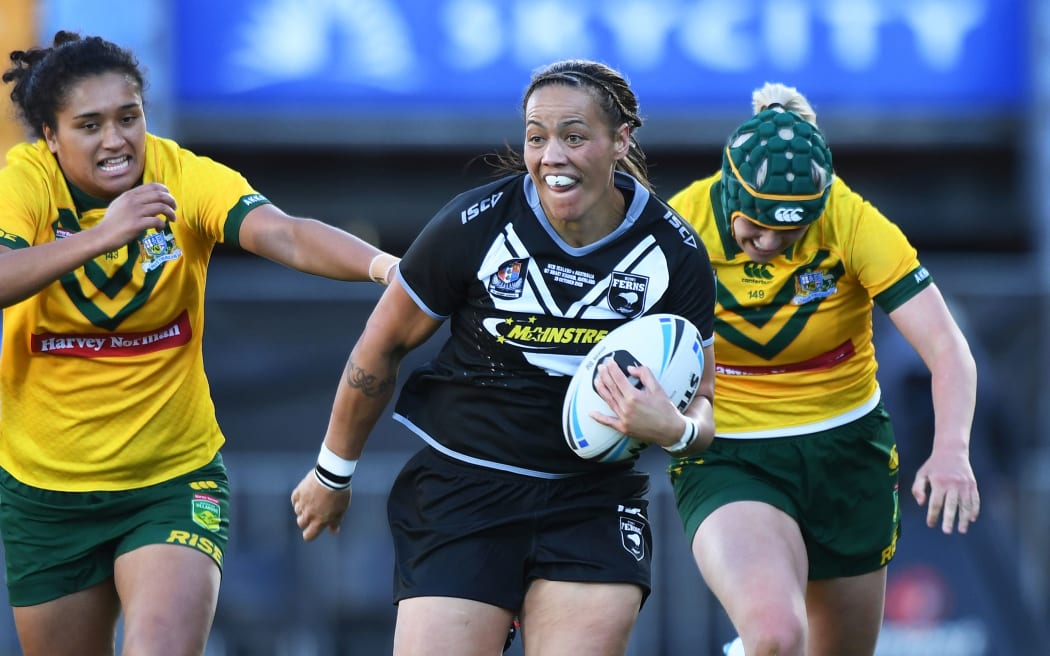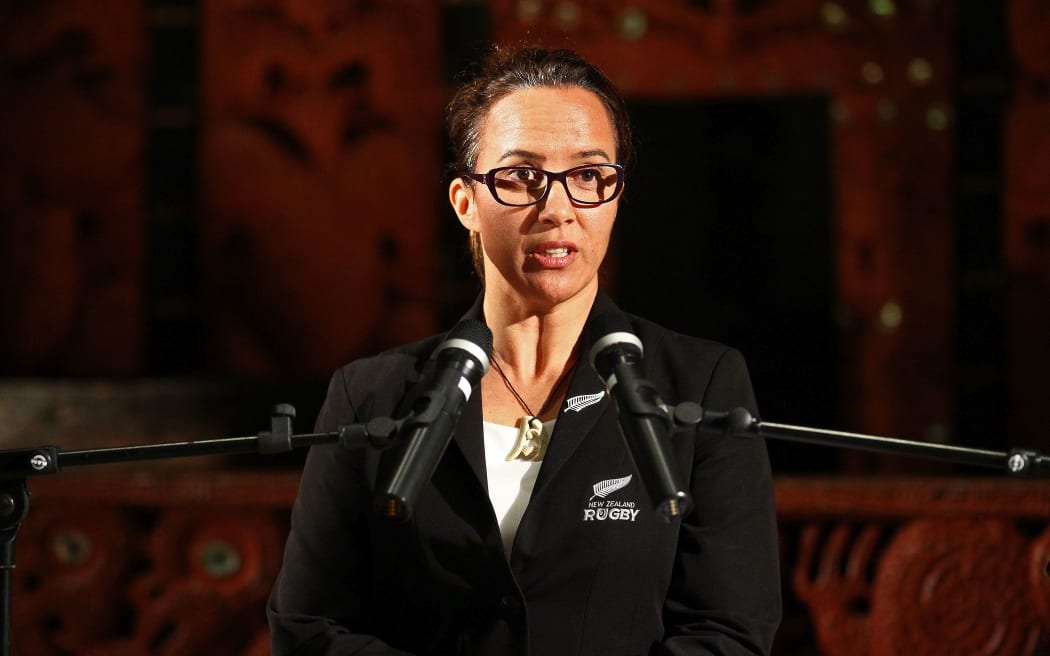New Zealand is failing its sportswomen, according to former prime minster Helen Clark.

Former Prime Minister Rt Hon. Helen Clark ONZ Photo: RNZ
Ms Clark believes it's evident that New Zealand is failing its sportswomen and female representation in sport.
Clark, who is a patron for the International Working Group - Women in Sport and Women in Sport Aotearoa (WISP), attended New Zealand's largest event as part of a commitment to projecting rates of female representation in sport and recreation.
The event highlighted the inequalities between men and women in sport and looked at strategies in which to rectify it.
Ms Clark said excuses for low rates of women working at the highest level of sport and female visibility within the sector are no longer acceptable.
"There are tried and true ways of ensuring that women are at every level. Women are always there and we should never accept the excuse that we couldn't find women to appoint - they are there.
"There are stunning women who have come up through the sports stream and other women in the corporate world with the experience of being directors who could make a big contribution," Ms Clark said.
Research by Sport New Zealand shows that 73 percent of directors of sport organsiations are men, 60 percent of those in leadership roles are men and 70 percent of high performance coaches are men.
At the lunch were former Olympic athlete Beatrice Faumuina, former Silver Ferns captain Adine Wilson, former Black Fern and Labour MP Louisa Wall and Kiwi Ferns captain Honey Hireme.
Ms Hireme said in a sport like rugby league she can attest to the equality barriers being higher in a male dominated sport, though she's optimistic the attitudes on the ground floor are slowly changing.
"It's not just about the women's game, it's about that we are athletes playing the same game that you are and playing it at a professional level - that's what I like about it.
"We are put on this platform and we are stepping up and performing at a high level and we are getting the respect from our male counterparts and they say, 'you chicks you are awesome'.
"We are athletes first and foremost playing the same game and we are doing it at a really high level," Ms Hireme said.

Kiwi Ferns co-captain Honey Hireme Photo: © Copyright Andrew Cornaga / www.photosport.nz Photosport Ltd 2018
In October last year the government launched a strategy to change gender dynamic within sport and increase female involvement in sport and active recreation at all levels.
It pledged to invest at least $10m over the next three years towards the strategy that consists in the key areas of leadership, participation, value and visibility.
Sports and Recreation Minister Grant Robertson believes said while he is proud to be spearheading the initiative, the government aren't solely responsible for ensuring females visibility in sport.
"It's not just a strategy for the government, it's a strategy for the whole sector and I'm happy and proud to be leading it but I look to all of you to say 'what will you do to make sure we improve roles in leadership?"
"What will you do to make sure that we value women's sport more and we make it more visible because we've all have a role to play in that," Mr Robertson said.
New Zealand Rugby board member and former Black Fern captain Dr Farah Palmer agrees with Mr Roberton's stance and believes that aspiring women also need to step up.
"I know there are lots of capable women and we just need to get them to be courageous and put their name in a hat and if you don't get it, don't beat yourself up about it.
"It's great that we have got these things that are encouraging sports organisation to think about what your representation is like around the decision making," Dr Palmer said.

NZ Rugby board member and former Black Fern Dr Farah Palmer. Photo: PHOTOSPORT
Research of the media coverage of the 2016 Rio Olympics found 28 percent was dedicated to women, prompting Ms Clark to advise New Zealand newsrooms to reconsider their approach to news telling expressing the importance to balance this out.
"Back in the newsrooms, those who are selecting what's going to air or print, they need some sensitisation about the incredible job women sportspeople are doing for New Zealand," Ms Clark said.
Ultimately though, she feels the first step to normalisation and closing the gender gap starts at home.
"I would like to see a change in the lives that men choose to also be more family orientated and seeing that as a legitimate part of one's life.
"Often men habve been free to pursue a career whether it's in sport or anything else with the knowledge in somebody else is handling the family business.
"Women love doing it but the result is women get left behind," Ms Clark said.


